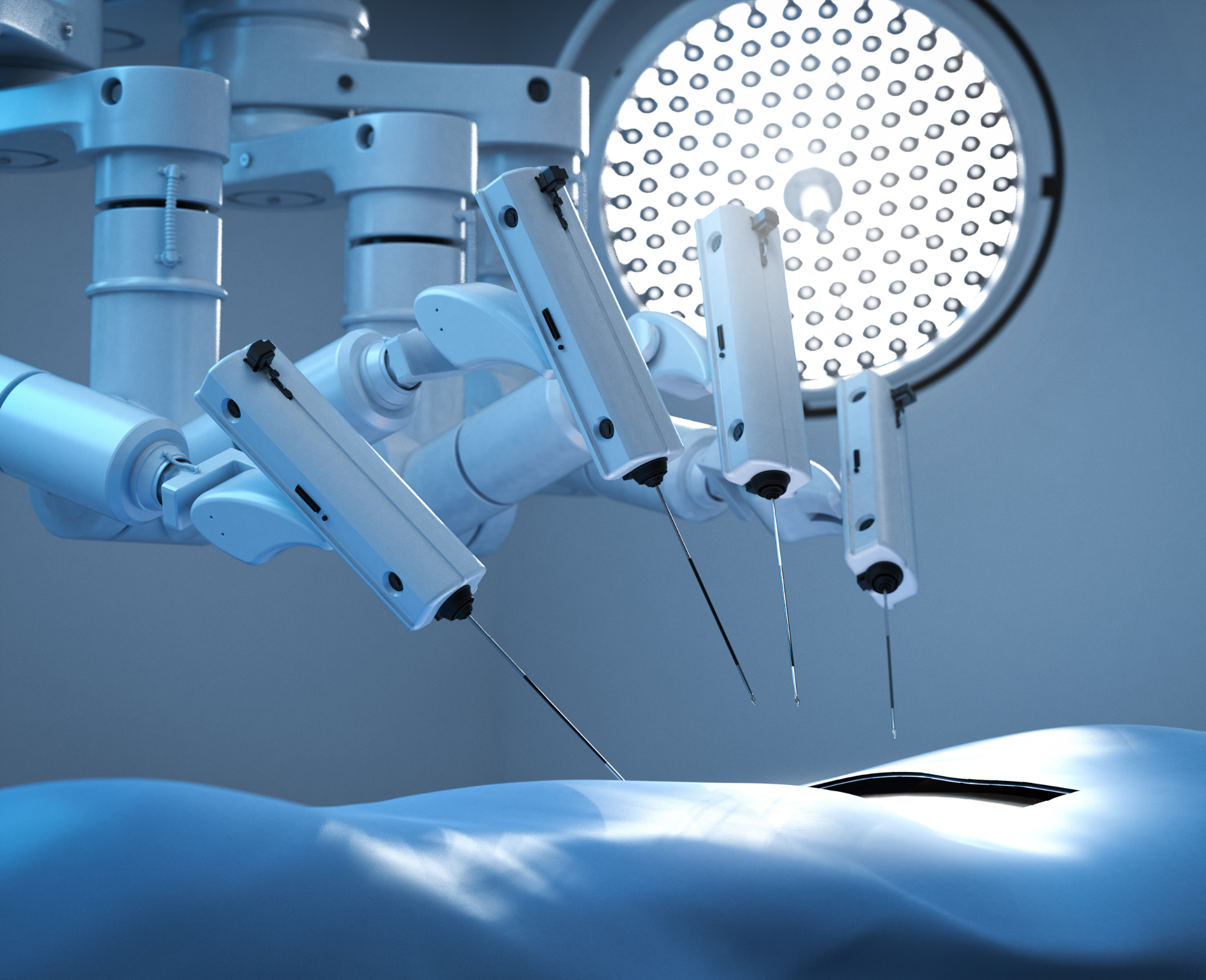Exploring Device Trends in the Surgical Robotics Market and the Role of Engineering Consulting
The field of surgical robotics has witnessed remarkable advancements over the past few years, with the development of cutting-edge devices that enhance surgical precision, reduce invasiveness, and improve patient outcomes. As technology continues to shape the future of healthcare, understanding the latest device trends in the surgical robotics market becomes crucial. Additionally, addressing the complex challenges associated with device development necessitates innovative solutions, and engineering consulting plays a pivotal role in combating these pain points.
Device Trends in the Surgical Robotics Market
- Miniaturization and Portability: A prominent trend in surgical robotics is the miniaturization of robotic systems. Smaller and more portable robots offer increased flexibility in surgical procedures, allowing for minimally invasive surgeries in a wider range of medical disciplines. Surgeons can now perform procedures with greater ease and accuracy through smaller incisions.
- Artificial Intelligence and Machine Learning Integration:
 The integration of artificial intelligence (AI) and machine learning (ML) technologies has revolutionized surgical robotics. These technologies enable robots to adapt and learn from each surgery, improving their precision and decision-making abilities. AI-driven devices can analyze patient data in real-time, aiding surgeons in making informed choices during complex procedures.
The integration of artificial intelligence (AI) and machine learning (ML) technologies has revolutionized surgical robotics. These technologies enable robots to adapt and learn from each surgery, improving their precision and decision-making abilities. AI-driven devices can analyze patient data in real-time, aiding surgeons in making informed choices during complex procedures. - Enhanced Imaging and Visualization: Surgical robots are incorporating advanced imaging and visualization technologies such as augmented reality (AR) and 3D imaging. These features provide surgeons with enhanced depth perception and a more detailed view of the surgical site, improving their accuracy and reducing the risk of complications.
- Haptic Feedback Systems: Haptic feedback systems are becoming more sophisticated, allowing surgeons to feel subtle sensations during surgery. This tactile feedback enhances the surgeon's ability to differentiate between tissues, improving overall dexterity and precision.
- Remote Surgery: Telemedicine and remote surgery have gained traction, especially in
 remote or underserved areas. Surgeons can perform procedures on patients located far away, thanks to low-latency communication systems and advanced robotic platforms. This trend has the potential to bridge the gap in access to specialized medical care.
remote or underserved areas. Surgeons can perform procedures on patients located far away, thanks to low-latency communication systems and advanced robotic platforms. This trend has the potential to bridge the gap in access to specialized medical care.
Pain Points in Device Development
While these trends in surgical robotics hold immense promise, device development in this field comes with its own set of challenges:
-
Complex Regulatory Requirements: Developing and gaining regulatory approval for surgical robotic devices can be a lengthy and costly process due to the complexity of the technology involved. Navigating the regulatory landscape requires specialized knowledge and expertise.
-
Interdisciplinary Collaboration: Successful device development often requires collaboration between engineers, medical professionals, and regulatory experts. Coordinating these interdisciplinary teams can be challenging, and effective communication is vital.
-
Cost Management: The development and production costs for surgical robotics devices can be high. Finding cost-effective solutions without compromising quality is a constant challenge.
-
Rapid Technological Advancements: The rapid pace of technological
 advancements in the field requires device developers to stay up-to-date and adapt quickly, which can be a daunting task.
advancements in the field requires device developers to stay up-to-date and adapt quickly, which can be a daunting task.
The Role of Engineering Consulting
Engineering consulting services can be instrumental in addressing these pain points and ensuring the successful development and commercialization of surgical robotics devices:
- Regulatory Expertise: Engineering consultants with a deep understanding of regulatory requirements can guide companies through the complex process of gaining approval from regulatory bodies such as the FDA. Boston Engineering can assist in compliance, documentation, and risk management.
- Interdisciplinary Collaboration: Boston Engineering can facilitate communication and collaboration between different teams, ensuring that all stakeholders work cohesively toward a common goal.
- Cost Optimization: We can help identify cost-saving opportunities in the device development process, ensuring that resources are allocated efficiently.
- Technology Assessment: Keeping up with the latest technological trends is challenging, but Boston Engineering can provide insights into emerging technologies and their potential applications in surgical robotics.
- Customized Solutions: Boston Engineering tailors our solutions to meet the specific needs of each project and client, offering a personalized approach to device development.
The surgical robotics market is undergoing a transformation driven by technological innovations that enhance surgical precision and patient outcomes. However, the challenges associated with device development in this field are substantial. Engineering consulting plays a vital role in addressing these pain points, offering expertise in regulatory compliance, interdisciplinary collaboration, cost management, and technology assessment. As surgical robotics continue to evolve, the partnership between device developers and engineering consultants will be instrumental in shaping the future of healthcare.
For almost three decades, Boston Engineering has designed, developed, and optimized devices and technologies the medical community relies on to save lives, enrich quality of life, and reduce costs to the healthcare system. We provide solutions to the challenges in the adoption of surgical robotics.
Our expertise includes industrial design and product redesign, sensors and control systems, robotics technical innovation, and digital software solutions.
Imagine your Impact: Stay up-to date- with the latest insights and trends we're watching. Add your email address below and sign up for a monthly summary of our most impactful posts!











